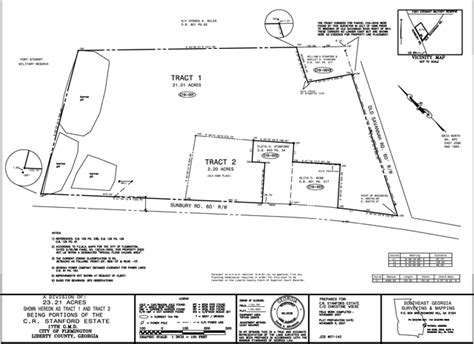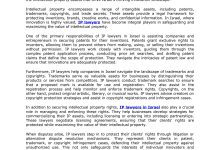Legal Insights: Documents Needed for Property Buy and Sell Transactions
Buying or selling a property is a significant financial transaction that requires careful consideration and adherence to legal requirements. Whether you are a buyer or a seller, it is crucial to understand the necessary documents involved in the process to ensure a smooth and legally sound transaction. This article provides valuable insights into the documents needed for property buy and sell transactions, offering guidance and clarity for both parties involved.
1. Purchase Agreement
The purchase agreement is a legally binding contract between the buyer and seller that outlines the terms and conditions of the property sale. It includes details such as the purchase price, payment terms, contingencies, and closing date. This document serves as the foundation for the entire transaction and should be carefully reviewed and understood by both parties.
2. Title Deed
The title deed is a legal document that proves ownership of the property. It contains information about the property’s boundaries, previous owners, and any encumbrances or liens. Before completing a property transaction, it is essential to verify the title deed to ensure that the seller has the legal right to sell the property and that there are no outstanding claims or disputes.
3. Property Survey

A property survey is conducted by a licensed surveyor to determine the exact boundaries and dimensions of the property. It helps identify any encroachments, easements, or other issues that may affect the property’s value or use. A property survey is crucial for both buyers and sellers to ensure that there are no boundary disputes or discrepancies.
4. Mortgage Documents
If the buyer is financing the purchase through a mortgage, several documents are required by the lender. These documents typically include a loan application, income verification, credit history, and property appraisal. It is essential for buyers to gather all the necessary mortgage documents to secure financing and complete the transaction smoothly.
5. Homeowners Association (HOA) Documents
If the property is part of a homeowners association (HOA), the buyer should review the HOA documents before finalizing the purchase. These documents include the HOA bylaws, rules and regulations, financial statements, and any pending litigation. Understanding the HOA’s rules and financial health is crucial for buyers to make an informed decision about the property.
6. Property Tax Records
Property tax records provide information about the property’s assessed value, tax history, and any outstanding tax obligations. Both buyers and sellers should review these records to ensure that the property taxes are up to date and that there are no outstanding tax liens. Failure to address property tax issues can lead to complications and delays in the transaction.
7. Insurance Policies
Insurance policies related to the property, such as homeowner’s insurance, should be reviewed and transferred to the buyer during the transaction. Buyers should ensure that they have adequate insurance coverage in place before taking ownership of the property. Sellers should also notify their insurance provider about the change in ownership to avoid any gaps in coverage.
8. Closing Disclosure
The closing disclosure is a document provided by the lender to the buyer before closing. It outlines the final terms of the loan, including the loan amount, interest rate, closing costs, and monthly payment. Buyers should carefully review the closing disclosure to ensure that all the terms are accurate and in line with their expectations.
Summary
Property buy and sell transactions involve several legal documents that are essential for a successful and legally sound transaction. The purchase agreement, title deed, property survey, mortgage documents, HOA documents, property tax records, insurance policies, and closing disclosure are some of the key documents involved. Buyers and sellers should carefully review and understand these documents to protect their interests and ensure a smooth transaction. Consulting with a real estate attorney or professional can provide further guidance and assistance throughout the process.





